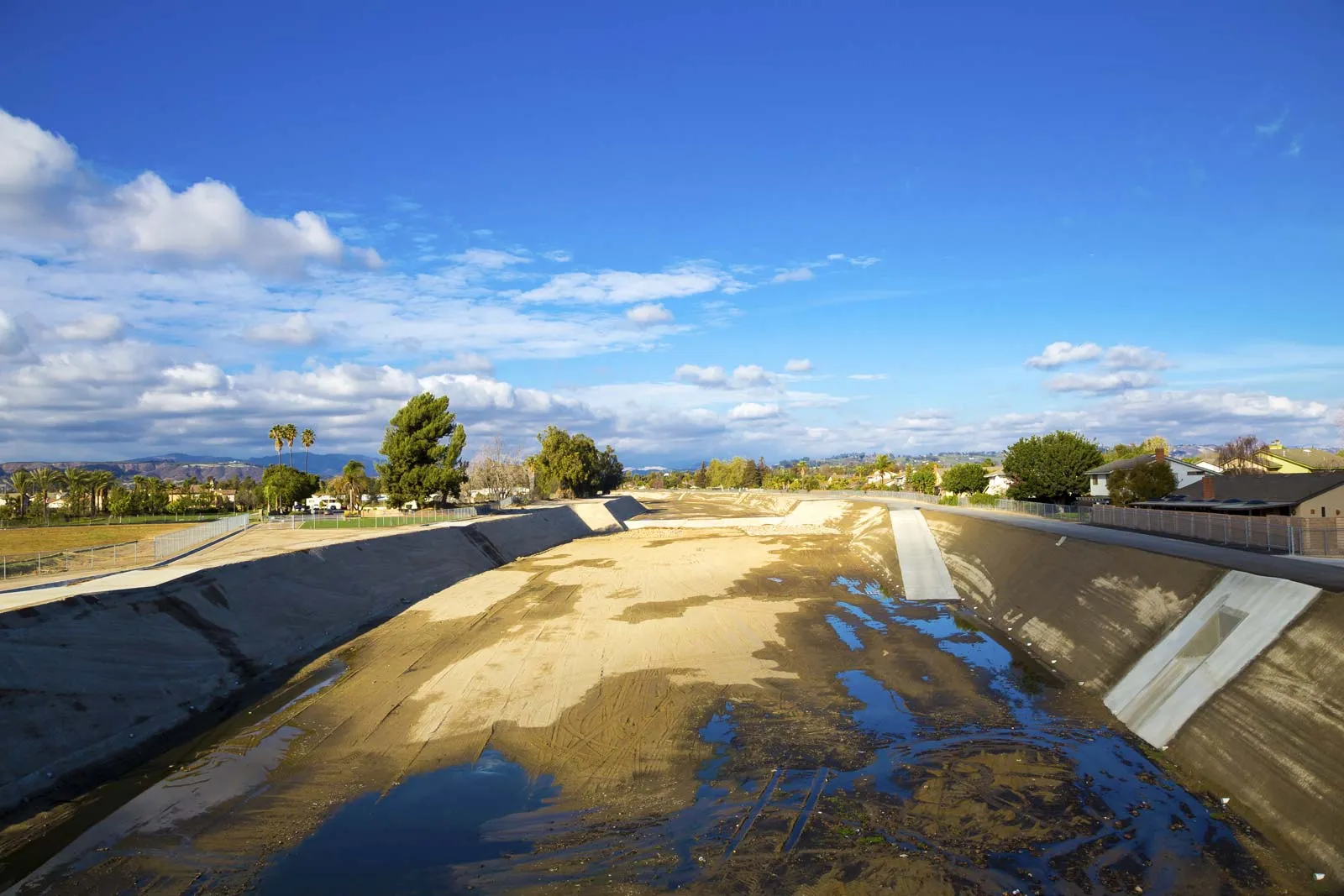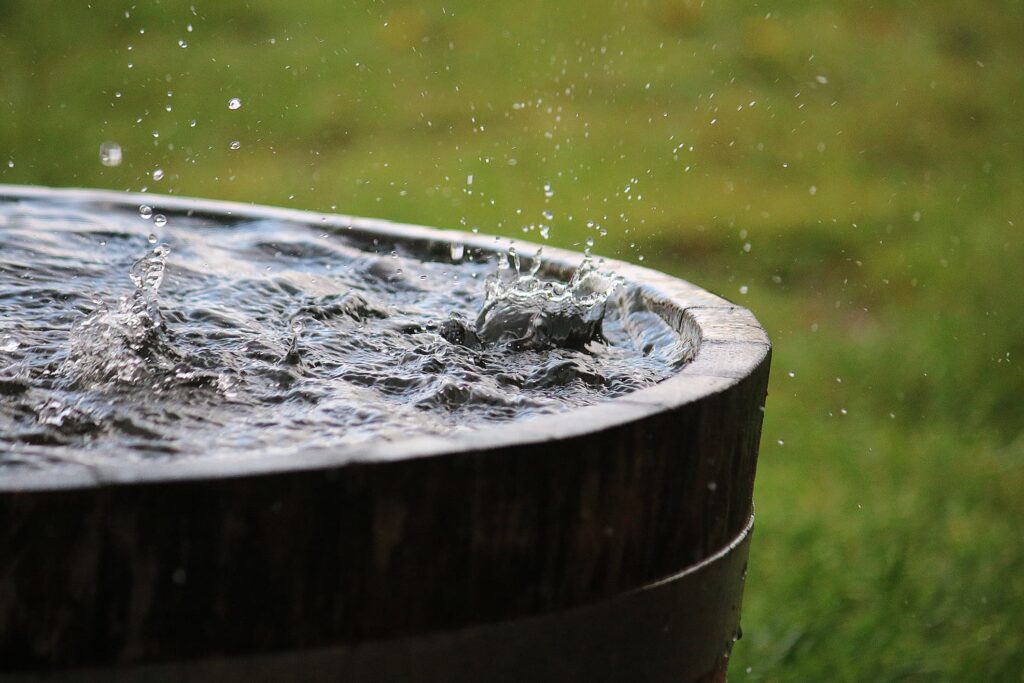
Promoting Policies for the Protection & Conservation of Water Sources in Support of Small-Scale Farming
Introduction:
Water is a critical resource for small-scale farmers, who rely on it for irrigation and livestock needs. However, increasing water scarcity, pollution, over-extraction, and encroachment pose significant challenges to their livelihoods. To ensure sustained access to water for small farmers, policies and regulations are needed to safeguard water sources from threats and promote conservation efforts. This article explores the importance of protecting water sources for small-scale farming, highlights the challenges they face, and proposes policy measures to address these issues effectively.
Importance of Water for Small-Scale Farming:
Water plays a vital role in small-scale agriculture by enabling irrigation for crop production, supporting livestock health and productivity, and ensuring food security. Small farmers rely on water from various sources, such as rivers, streams, groundwater, and rainwater harvesting systems. It is essential for their day-to-day activities, from planting and cultivation to livestock watering and post-harvest processing.

Challenges Faced by Small-Scale Farmers Regarding Water:
Despite the importance of water, small-scale farmers often face numerous challenges in accessing and using water resources. One significant challenge is water scarcity, particularly in regions prone to drought or with limited water availability. Climate change further exacerbates this issue, leading to erratic rainfall patterns and reduced water availability for irrigation. Moreover, increased competition for water resources from industrial sectors and urban development further limits small farmers’ access to water.
Water pollution is another critical challenge facing small-scale farmers. Agricultural run-off containing pesticides, fertilizers, and sediment can contaminate water sources, affecting water quality and causing adverse impacts on crops and livestock. Additionally, poor waste management practices and industrial pollution can further degrade water quality, posing health risks for small farmers and communities relying on these water sources.
Over-extraction of groundwater is also a concern, especially in areas where small farmers rely heavily on boreholes and wells. Excessive pumping can lead to declining groundwater levels, saltwater intrusion, and land subsidence, negatively impacting the sustainability of small-scale farming practices.
Lastly, encroachment on water catchment areas and wetlands poses a threat to water availability for small farmers. Unplanned urbanization and land conversion reduce the capacity of these natural water storage areas, affecting water recharge and availability during dry periods.

Policy Measures for Protecting Water Sources:
To address these challenges, policymakers should implement a range of policy measures to protect and conserve water sources for small-scale farming. These measures include:
- Water resource management: Governments should establish comprehensive water resource management plans that prioritize the needs of small farmers. This includes monitoring water availability, setting sustainable extraction limits, and promoting efficient irrigation practices.
- Pollution control and prevention: Stringent regulations should be in place to control agricultural run-off, industrial pollution, and improper waste management practices. Farming practices should be encouraged that reduce reliance on chemical inputs, promote organic farming, and encourage the use of sustainable farming techniques to minimize water pollution.
- Water infrastructure development: Governments should invest in developing water infrastructure, including storage reservoirs, irrigation canals, and rainwater harvesting systems. Small farmers should have access to affordable and efficient irrigation technologies to optimize water use and reduce reliance on groundwater. Additionally, incentives should be provided to promote water-saving technologies, such as drip irrigation or micro-sprinklers.
- Water pricing mechanisms: Implementing fair and appropriate water pricing mechanisms can promote efficient water use and encourage small farmers to adopt water-saving practices. Pricing should consider the socio-economic conditions of small farmers and aim to ensure equitable access to water resources.
- Water rights and allocation: Clear water rights systems should be established to ensure equitable and secure access to water for small farmers. Rights should be based on priority of use, and water permits should be accessible and affordable for small farmers.
- Capacity building and knowledge dissemination: Programs should be developed to provide small-scale farmers with training and capacity-building opportunities. These programs should focus on water conservation techniques, efficient use of water resources, and sustainable farming practices that promote water security.
- Strengthening enforcement and monitoring: Effective enforcement mechanisms should be in place to ensure compliance with water resource regulations. Regular monitoring and assessment of water quality and availability should be conducted to identify potential risks and prevent further degradation.
- Community participation and engagement: Encouraging small farmers’ participation in decision-making processes, water user associations, and local water management committees can foster collective responsibility and encourage sustainable water management practices.
Conclusion:
Safeguarding water sources is crucial for the sustainability and resilience of small-scale farming. By implementing policies that protect water resources from pollution, over-extraction, and encroachment, policymakers can ensure that small farmers have sustained access to the water they need for their agricultural activities. It is imperative to integrate these policies into broader agricultural and environmental frameworks to promote a more sustainable and secure future for small-scale farmers and the entire agricultural sector.
All Categories
- Agricultural Methods
- Agriculture and Women Small Farmers Rights Awareness
- Climate Change
- Disable and Human Rights
- Disable Jobs
- Donation
- Education
- Health Issues
- Organic Foods
- Organic Vegetables
- Orphans Children
- Plastic production and disposal
- Services
- Sinking in Scarcity
- Success Stories
- Uncategorized
- Waste Management
- Women Rights
- Youth Empowerment




